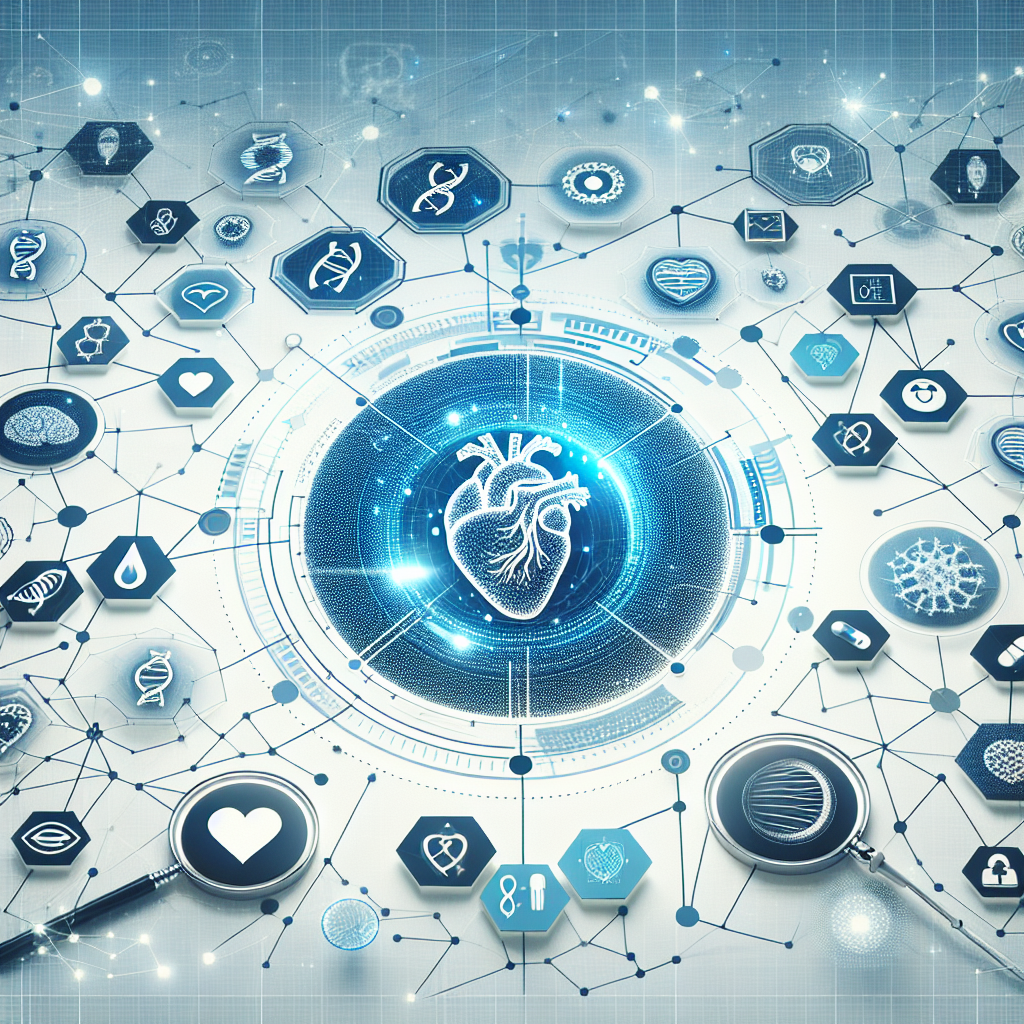Generative artificial intelligence (AI) has been making waves in various industries, including healthcare. This innovative technology has the potential to revolutionize healthcare innovation by automating processes, enhancing data analysis, and ultimately improving patient outcomes. In this article, we will explore the potential of generative AI in healthcare innovation and its impact on the industry.
Generative AI refers to algorithms and models that can generate new data, such as images, text, or even music, based on the patterns and information it has learned from existing data. In healthcare, generative AI can be used in a variety of ways to improve patient care, streamline processes, and advance medical research.
One of the key areas where generative AI is making an impact in healthcare is medical imaging. Generative AI can be used to create high-resolution images of organs and tissues, which can help doctors make more accurate diagnoses and treatment plans. For example, generative AI can be used to generate 3D models of the heart from MRI or CT scans, allowing doctors to visualize the organ in detail and identify any abnormalities or anomalies.
Generative AI can also be used to create synthetic data for training machine learning models. This is especially useful in healthcare, where data privacy and security are paramount concerns. By generating synthetic data, researchers and developers can train AI models without compromising patient privacy or using sensitive medical information.
Another area where generative AI is making an impact in healthcare is drug discovery. Generative AI can be used to create new molecules and compounds that have the potential to be used as drugs. This can help researchers identify new treatments for diseases and conditions that currently have limited treatment options.
In addition to medical imaging and drug discovery, generative AI can also be used to improve patient outcomes through personalized medicine. By analyzing patient data and generating personalized treatment plans, doctors can tailor care to individual patients, leading to better outcomes and reduced healthcare costs.
Overall, generative AI has the potential to transform healthcare innovation by automating processes, improving data analysis, and ultimately improving patient care. As the technology continues to evolve and improve, we can expect to see even more breakthroughs in healthcare that will benefit patients and providers alike.
FAQs:
Q: How is generative AI different from other types of AI?
A: Generative AI is different from other types of AI, such as supervised or unsupervised learning, in that it can create new data based on patterns and information it has learned from existing data. This allows generative AI to generate new images, text, or other types of data that may not exist in the original dataset.
Q: Is generative AI safe to use in healthcare?
A: Generative AI can be safe to use in healthcare, as long as proper safeguards are in place to protect patient privacy and security. It is important for healthcare organizations to adhere to regulations and guidelines regarding data privacy and security when using generative AI in healthcare applications.
Q: How can generative AI improve patient outcomes?
A: Generative AI can improve patient outcomes by automating processes, enhancing data analysis, and creating personalized treatment plans. By using generative AI to analyze patient data and generate personalized treatment plans, doctors can tailor care to individual patients, leading to better outcomes and reduced healthcare costs.
Q: What are some potential challenges of using generative AI in healthcare?
A: Some potential challenges of using generative AI in healthcare include data privacy and security concerns, ethical considerations, and the need for proper training and education for healthcare providers. It is important for healthcare organizations to address these challenges and implement proper safeguards when using generative AI in healthcare applications.

